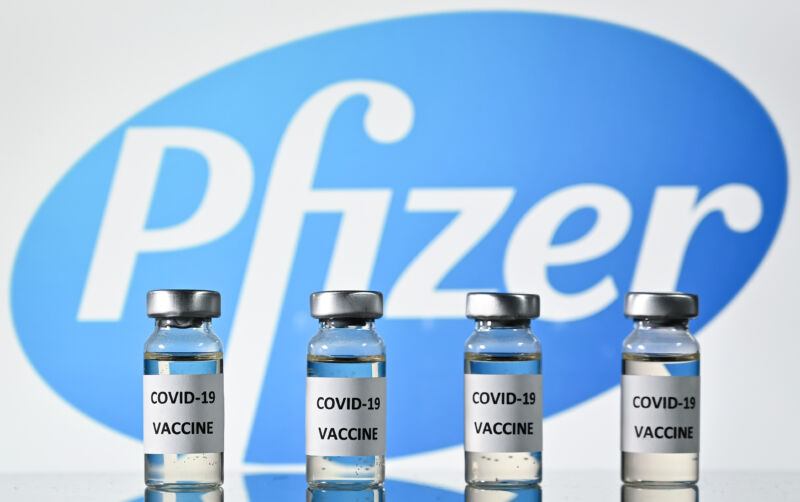
The US Food and Drug Administration has authorized the use of the Pfizer-BioNTech COVID-19 vaccine in adolescents between the ages of 12 to 15, the agency announced Monday evening.
In the announcement, acting FDA Commissioner Janet Woodcock called the authorization “a significant step in the fight against the COVID-19 pandemic” that will bring the country “closer to returning to a sense of normalcy and to ending the pandemic.”
Peter Marks, director of the FDA’s Center for Biologics Evaluation and Research, echoed that sentiment. He called the ability to vaccinate children and teens “a critical step” in the fight against COVID-19.
Both Marks and Woodcock emphasized the agency’s rigorous data review that led to the authorization.
“With science guiding our evaluation and decision-making process, the FDA can assure the public and medical community that the available data meet our rigorous standards to support the emergency use of this vaccine in the adolescent population 12 years of age and older,” Marks said.
The authorization of the Pfizer-BioNTech vaccine for the adolescent group was widely expected. It follows an announcement from the two companies on March 31 which declared that the vaccine completely protected 12- to 15-year-olds against COVID-19 in a small Phase III clinical trial involving 2,260-adolescents.
Trial data
In the trial, 1,131 adolescents received the vaccine while the other 1,129 received a placebo. The FDA focused on those who had no evidence of being infected by the pandemic coronavirus prior to the trial, leaving the agency with 1,005 vaccinated adolescents and 978 adolescents given a placebo. The FDA reported 16 cases in the trial, all of them in the placebo group. “The vaccine was 100% effective in preventing COVID-19,” the agency announced. Moreover, in a smaller sampling, those in the vaccinated group appeared to produce neutralizing antibodies at higher levels than those seen earlier in people ages 16 to 25, Pfizer noted in March.
The vaccine also appeared to be tolerated by the adolescents. The most commonly reported side effects included pain at the injection site, tiredness, headache, chills, muscle pain, fever and joint pain, all of which tended to occur within one to three days after vaccination.
Like in older age groups, the FDA says that people with a history of severe allergic reactions, including anaphylaxis, should not get the vaccine.
Now that the FDA has granted authorization, a committee of independent advisors for the Centers for Disease Control and Prevention will review the data on the vaccine in this age group and vote on policy recommendations for use. The committee—the Advisory Committee on Immunization Practices—has already set a meeting for Wednesday, May 12, to vote on their recommendations. If the CDC accepts the committee’s recommendations—which it likely will—vaccinations could become available for adolescents as early as Thursday.
https://arstechnica.com/?p=1763967

